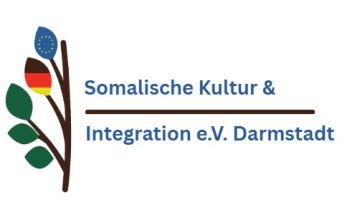WASH
what we do in
Expanding Access to Safe Water, Hygiene, and Sanitation
The WASH Programme addresses critical needs in water, sanitation, and hygiene for communities with limited access to clean and safe services. Somali Culture and Integration e.V. combines infrastructure development with awareness initiatives to improve health outcomes and reduce the burden of waterborne diseases. By ensuring reliable access to safe water and sanitation, the programme strengthens public health while promoting dignity and well-being in vulnerable settings.
Efforts extend to schools, health facilities, and community spaces where the lack of WASH infrastructure undermines education, healthcare, and quality of life. Beyond infrastructure, the programme invests in community education on hygiene practices and provides households with essential kits and filtration solutions. This integrated approach ensures both immediate relief and long-term sustainability by equipping communities with the knowledge and tools to manage WASH resources effectively.
Objectives
- Increase access to safe drinking water and improved sanitation.
- Promote hygiene awareness and adoption of safe practices.
Key Interventions
- Construction and rehabilitation of boreholes, latrines, and water systems.
- Distribution of WASH kits and water filtration solutions to vulnerable households.
Target Groups
- Rural and urban communities with limited access to safe water and sanitation.
- Schools, health facilities, and displaced populations.
Impact & Outcomes
- Greater availability of safe water and improved sanitation facilities.
- Reduced prevalence of waterborne diseases and related health risks.
Partnerships
- Collaboration with local authorities, schools, and health facilities.
- Engagement with donors and networks supporting WASH in crisis and development settings.
Sustainability
- Capacity building for communities to manage and maintain WASH infrastructure.
- Promotion of behaviour change and community-led sanitation practices.
